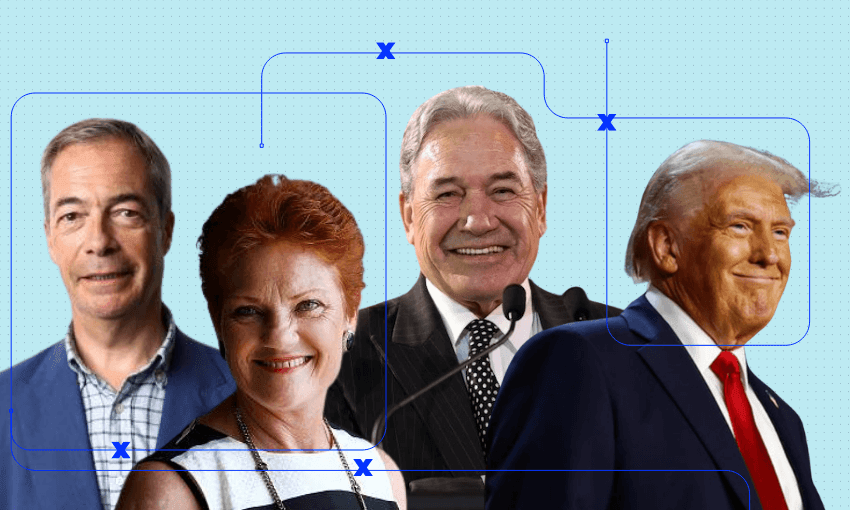From Monday almost 100 NZ exporters are taking part in the China International Import Expo in Shanghai. The forum heralds a more prosperous and integrated China, but it takes place against the background of a debilitating trade war, writes Stephen Jacobi of the NZ International Business Forum
Competing economic visions will need to find a way to co-exist if global trade is going to be the engine of future progress and sustained prosperity.
President Xi Jinping’s dream (中国梦)is one with Chinese characteristics. He speaks of a “new era” for Chinese development, one from which China will emerge as a “moderately prosperous” (sic) and “fully developed” nation. The dream is to be achieved largely by cultural and economic rejuvenation, including a sharp crackdown on corruption under way for several years now and the embracing of a new technologically-based economy particularly in areas like artificial intelligence, robotics, biotech and in the digital space.
There are many aspects of this China dream to admire – notably its focus on eliminating poverty and promoting environmental sustainability – but also to raise concern: its neglect of individual freedoms and social and religious diversity, for example. On the economic side, the dream foresees an expanded role for China’s state-owned enterprises and the use of massive state subsidies. That’s a problem for the rest of the world which sees them as a root cause of global market distortion. Initiatives like the “Made in China 2025” industry policy are likewise seen as a narrowly conceived bid for economic dominance in the high-tech sector. Other models are based on principles of economic inter-dependence and co-operation, like the Belt and Road Initiative, which, if the geopolitics can be avoided, offers scope for enhanced connectivity.
Across the Pacific, President Donald Trump has also has a dream, one firmly focused on preserving, seemingly at any cost, US pre-eminence both in economic and security terms. The trade war unleashed against China is still limited in scope but is doubtless having an impact, not only on the Chinese economy, but also, and more noticeably, on the US agricultural sector, which is being deprived of a lucrative market by Chinese retaliation. Where this will end no-one really knows, not the least of whom the Chinese who may be at a loss to understand what exactly they need to do to avoid the worst. That’s probably because this conflict is no longer really about trade per se – it is a much wider contest of competing economic and social visions as the US challenges the very basis of the new Chinese dream itself. That makes the current environment even more worrisome.
This is the difficult background against which the China International Import Expo takes place. The organisers and those attending are motivated by dreams of increased trade and business and doubtless these will be realised as China mobilises its enormous buying power from across the country. “In times of crisis, keep shopping” is a strategy that was used once before (by President George W Bush).
CIIE provides a great opportunity for New Zealand companies to showcase their products to Chinese consumers, develop new relationships and consolidate existing ones. While some might complain about a growing over-dependence on China, the fact of the matter is that this this large and increasingly affluent group of consumers cannot be found anywhere else. Today they want to buy the things we have to sell.
But deeper thinkers also need to pay attention to the bigger picture. China and the United States are two huge poles of economic activity with the ability to deliver much needed prosperity to the rest of the world. They are themselves already highly integrated. Their friends and partners have a key interest in their mutually assured success. Rather than picking sides, we in New Zealand and others need to be doing all we can, both bilaterally and through the multilateral institutions to which we belong, to encourage the greater alignment of today’s competing dreams and visions.





